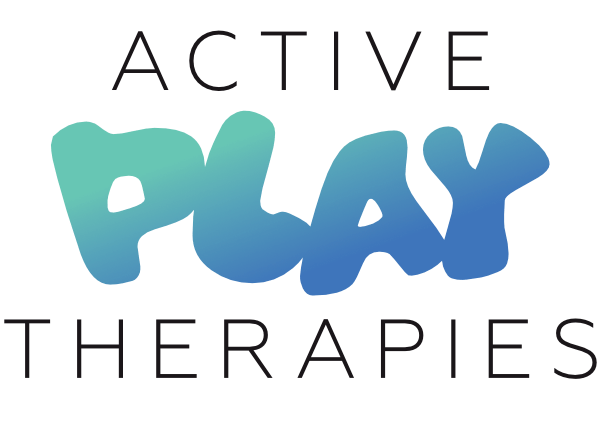Thoughts from a Therapist: What is Gestalt Language Processing?
Originally published on Sensory Integration Education on 28 May 2024.
In this month’s Thoughts from a Therapist blog, Anna Willis takes a look at Gestalt Language Processing, how this differs from Analytic Language Processing – where we build from single words upwards – and why Gestalt Language Processors are often misunderstood.
When I first started working with autistic children (which I discovered at a recent presentation was apparently 20 years ago. How did that happen?!), echolalia was often seen as a stim rather than as communication. At the STAR conference a few years ago, I heard about Marg Blanc for the first time and her work on Gestalt Language Processing (GLP). Now bear with me, because this is not my area of expertise, but it’s certainly something I’m interested in right now, hence deciding to write about it this month! This body of work started developing in the 1980s by looking initially at Natural Language Acquisition (NLA). For most of us, we acquire language word by word. This is called ‘analytic language processing’ – where we build from single words upwards. In GLP, language is learnt in ‘gestalts’ which are whole phrases and can be learnt from songs, stories, videos etc.
Gestalt Language Processors are often misunderstood because understanding the context to a phrase is crucial to making sense of it. I have worked with a young person for 10 years now. When I first met her, she recited the whole of a poem as she walked into our assessment room. However, she wasn’t able to answer our questions. Recently, I went to see her after a long break. She was in her room watching her tablet. She didn’t look up but I knew she’d registered me and she tapped on to a separate video (at incredible speed!) and I could see the subtitles of the video clip say “I miss your nuclear fusion”. I felt all warm and fuzzy! I may again have misinterpreted some communication but it felt like her way of telling me she’d missed me. It was such a tiny moment and would have been so easy to miss had I not been looking at her screen or if I’d been an outsider who could have presumed she hadn’t registered my presence.
Gestalts have meaning. We may not be able to understand them but that doesn’t mean it isn’t communication. We may have to do a lot more work to unpick, such as finding out the context of when and where they learnt the phrase (for instance, a gestalt could be “sit down now” which could mean “I’d like a snack” because that was the phrase they learnt and linked to having a snack).
Click here to access Marg Blanc’s website if you’d like to learn more about GLP.
Happy chatting!
Anna
Thoughts From a Therapist is a regular series written by Advanced SI Practitioner Anna Willis about something that piqued her professional interest or inspired her in some way over the last month. Anna, an occupational therapist and owner of Active Play Therapies, has over ten years of experience working with children and adults with a range of learning disabilities and autism.
